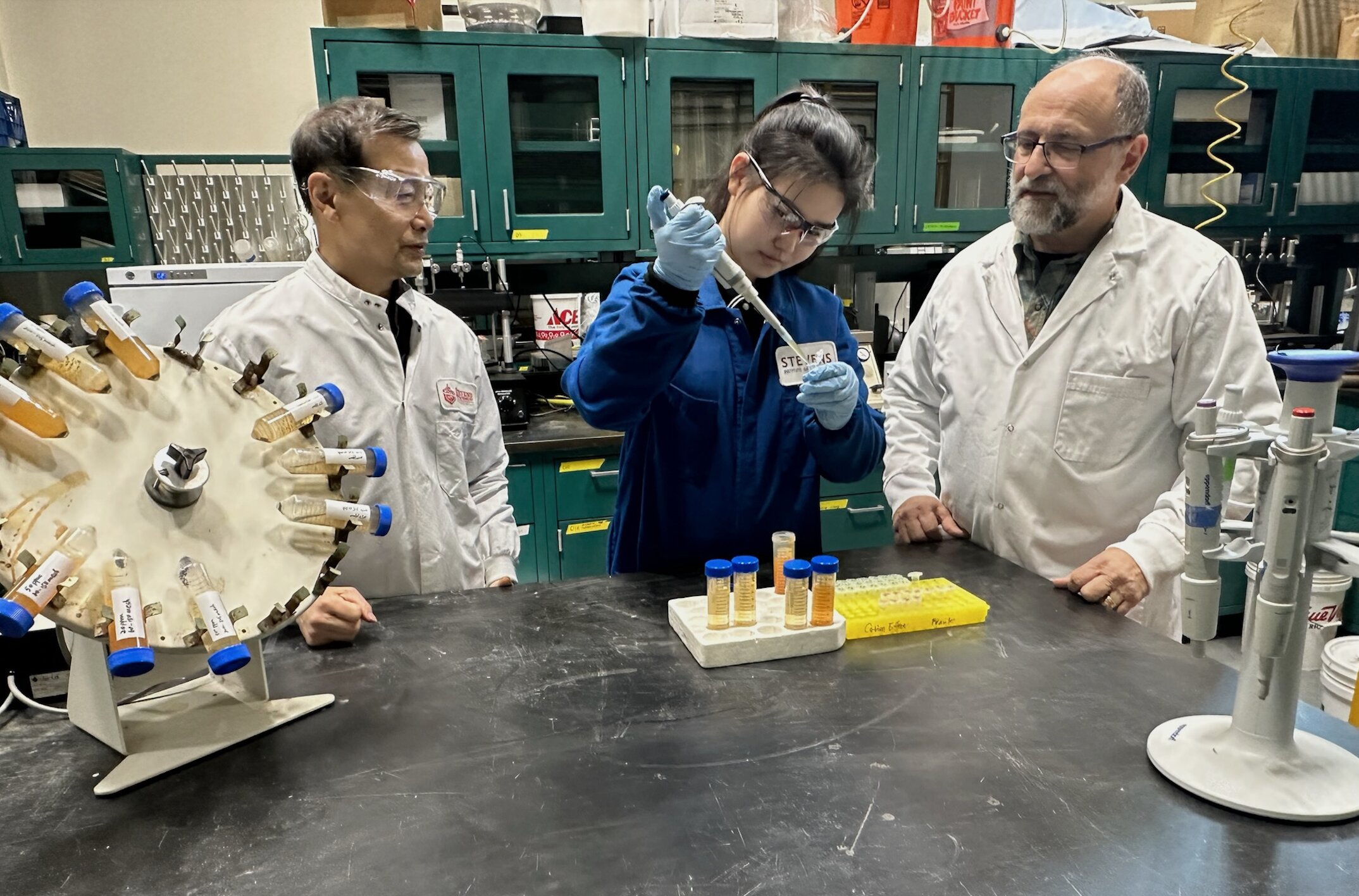Iron Powder Surpasses Activated Carbon in PFOS Removal

HOBOKEN, NJ – In a groundbreaking study, researchers have discovered that iron powder significantly outperforms activated carbon in removing PFOS, even when the iron rusts.
Immediate Impact
PFOS, part of the notorious “forever chemicals,” are prevalent in various commercial products due to their resistance to stains and water. However, these compounds pose health risks, including liver disease and cancer. A team from Stevens Institute of Technology has found a more efficient method to remove PFOS from water using iron powder.
Key Details Emerge
Doctoral student Meng Ji, alongside professors Xiaoguang Meng and Christos Christodoulatos, conducted the study to identify the best way to eliminate these toxins. Traditionally, activated carbon has been the go-to solution for water filtration through a process called adsorption. However, the team discovered that iron powder was 26 times more effective than activated carbon per unit surface area.
The study titled “Kinetic and Mechanism Study of PFOS Removal by Microscale Zero-Valent Iron from Water” was published in Environmental Science & Technology on March 19, 2025.
Industry Response
The findings have sparked interest among water treatment professionals. Iron powder, known as microscale zero-valent iron (mZVI), is already used in wastewater treatment due to its cost-effectiveness. “Iron powder is cheaper than activated carbon,” explains Meng, highlighting its potential for broader application.
By the Numbers
- 26 times more effective: Iron powder vs. activated carbon
- Publication Date: March 19, 2025
- Journal: Environmental Science & Technology
What Comes Next
The research team plans to delve deeper into why rusted iron powder retains its adsorption properties. “The particles’ surface is covered by iron oxide, but it’s still very active,” says Meng. Understanding this could lead to advances in large-scale PFOS removal technologies.
Background Context
PFOS belongs to the larger group of chemicals known as PFAS, widely used in products like non-stick cookware and firefighting foams. Their persistence in the environment and potential to contaminate water sources have made them a public health concern.
Expert Analysis
The study’s unexpected results have drawn attention from other researchers. “This is important for developing technologies that can efficiently clean our water,” Meng emphasizes. The continued exploration of iron powder’s capabilities could revolutionize water treatment processes.
The research represents a significant shift in how we approach the removal of harmful chemicals from our water supply, offering a more sustainable and cost-effective solution.






